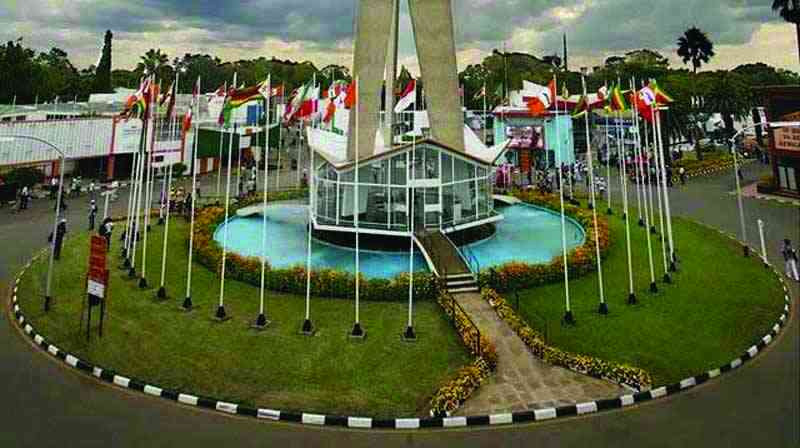
BY LORRAINE MUROMO MIGRATION of highly skilled manpower could help countries enhance their economic and human capital development, the International Labour Organisation (ILO) has said.
Zimbabwe bagged about US$2 billion in diaspora remittances last year despite the southern African nation losing thousands of professionals who left in search for greener pastures in foreign lands.
Addressing delegates at the Migration Statistics and the Recognition of Migrants skills project launch in Harare last week, ILO senior programmes officer Adolphus Chinomwe said the 2020 and 2021 remittance figures indicated the importance of labour migration.
“The figures in 2020 and 2021 over the COVID-19 era tell us that Zimbabwe got over US$2 billion, if not more in remittances and if you look at the same period with regards to foreign direct investment, remittances are important.
“If you look at other countries in terms of the gross domestic profit, there are many countries where it’s as high as 40%,” Chinomwe said, further pointing out that despite being complex, migration was beneficial and a creator of opportunities for decent employment for migrants either in their own country or elsewhere.
Public Service minister Paul Mavima said migration played a pivotal role in shaping the world.
“Globally, if we had a perfect system, labour would be flowing to where the need is and it is more of a supply-demand set-up,” he said.
“Bilateral immigration relationships are important in that we know inflows of capital that come to us as we are the source of the labour and the receiving countries know the contributions of those people who are coming into their countries.”
- Chamisa under fire over US$120K donation
- Mavhunga puts DeMbare into Chibuku quarterfinals
- Pension funds bet on Cabora Bassa oilfields
- Councils defy govt fire tender directive
Keep Reading
Mavima bemoaned de-skilling, which was caused by the failure by African governments to recognise educational qualifications of their fellow countries.
“We are convinced that highly skilled migration can have a net positive impact on the demand for skills accumulation through higher education in countries of origin, resulting in brain gain and in turn, the demand for skills accumulation can stimulate increased investment in education,” he added.
- Follow us on Twitter @NewsDayZimbabwe










